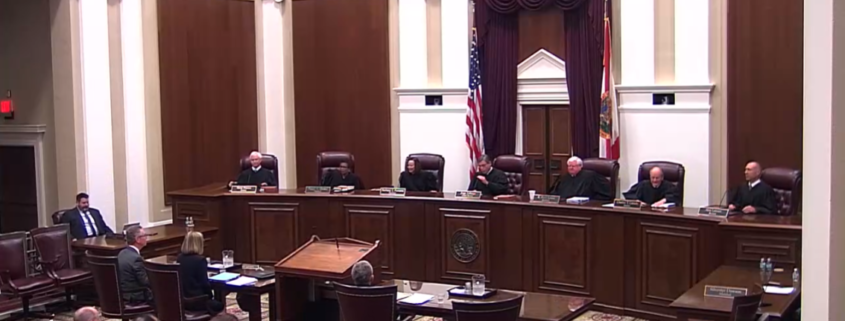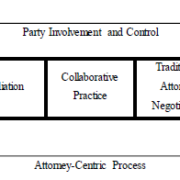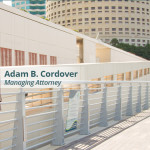Collaborative Divorce Attorneys Held To A Higher Standard
Collaborative divorce attorneys have traditionally gone through specialized training that teaches them cutting edge methods in peaceful and private dispute resolution. As part of this training, we have taken to heart the Florida Supreme Court’s call to provide families facing matrimonial disputes with “therapeutic justice,” which the Court described as follows:
Therapeutic justice is a process that attempts to address the family’s interrelated legal and nonlegal problems to produce a result that improves the family’s functioning. The process should empower families through skills development, assist them to resolve their own disputes, provide access to appropriate services, and offer a variety of dispute resolution forums where the family can resolve problems without additional emotional trauma.
In re Report of the Family Law Steering Committee, 794 So. 2d 518, 522 (Fla. 2001).
Just this past weekend, on July 1, 2017, Rule 4-1.19 of the Rules Regulating the Florida Bar went into effect. The Rule, concerning the Collaborative Law Process in Family Law, holds collaborative divorce attorneys to a higher standard than divorce lawyers who do not offer collaborative services. But for those of us who have been practicing this form of therapeutic justice, we have already been meeting these standards up until now on a voluntary basis.
Higher Standards for Collaborative Divorce Attorneys
Unlike traditional divorce lawyers, Rule 4-1.19 requires collaborative attorneys to do the following:
- Explain to clients that they have choices (such as litigation, mediation, and collaborative law) in how to divorce;
- Discuss with clients the benefits and risks of the various divorce process options;
- Attempt to discern whether there is a history of any violent or coercive relationship;
- Explain to the clients their attorneys’ fees, as well as discuss fees for other professionals; and
- Provide a written “participation agreement” that
- describes the nature and scope of the representation;
- identifies the other attorney participating in the collaborative process;
- informs the client that he or she has a duty to make timely, full, and candid disclosure of pertinent information;
- explains that the collaborative process is voluntary and may be terminated for any reason (or for no reason at all);
- confirms that the collaborative attorneys are retained solely for the purpose of reaching an out-of-court agreement; and
- says collaborative divorce attorneys will not represent clients in contested court battles.
Before, collaborative divorce attorneys were voluntarily offering therapeutic justice to our clients. Now that the Rule is in effect, we are confident that we will live up to these higher standards as we help families peacefully resolve their disputes.
Adam B. Cordover trains attorneys, mental health professionals, and financial professionals how to work together to help families in the collaborative process. Adam is a leader in the collaborative legal community in Tampa Bay, throughout Florida, and on the international level.









